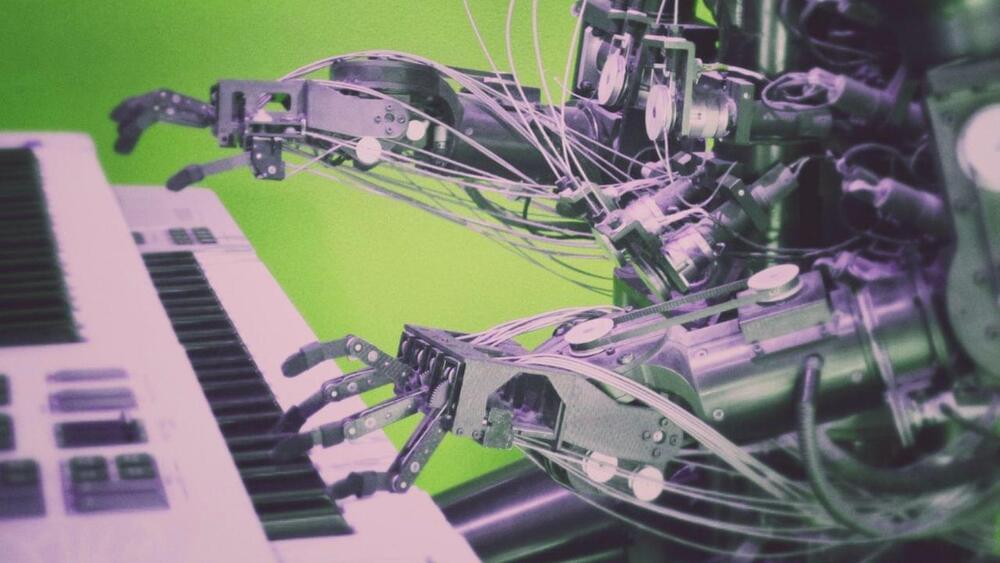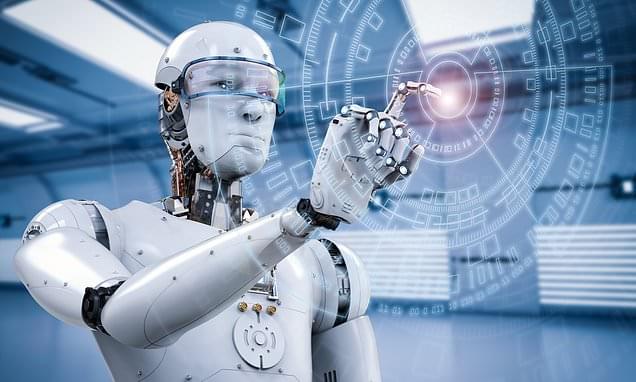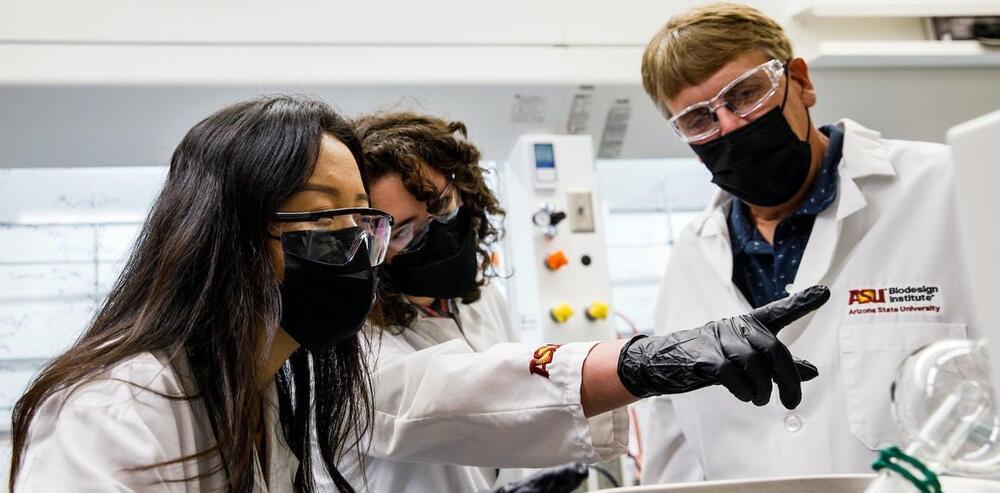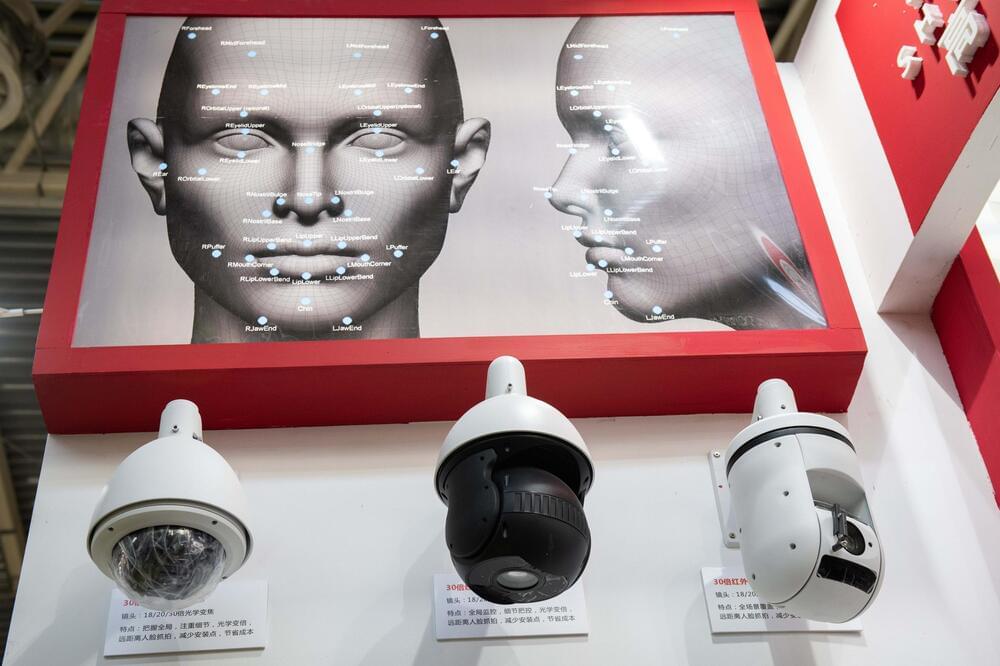The automobile business is continuously evolving, and as technology advances, we are seeing a shift toward a future of automated robots in the car maintenance sector. This move is expected to have a number of advantages, including greater accuracy and efficiency in automotive maintenance, as well as the capacity to work on older vehicles that traditional mechanics may be unfamiliar with.
As the owner of an older family truck, I have direct knowledge of the difficulty in finding a mechanic willing to work on their vehicle even if it is well kept up. With the emergence of automated robots, there will be no need to rely on human mechanics, as robots will be capable of doing the required jobs with ease. They will be able to detect faults and undertake routine maintenance, such as replacing belts, radiators, and other parts, without specialist training or knowledge.
The benefits of automated robots in automotive repair go beyond increased productivity. The robots will be built to work on a wide range of automobiles, regardless of age, allowing owners of older vehicles to maintain their vehicles without having to worry about finding a mechanic ready to work on them. Furthermore, automated robots will improve automotive maintenance accuracy since they will be equipped with cutting-edge technology and will be able to complete duties with precision and speed.








